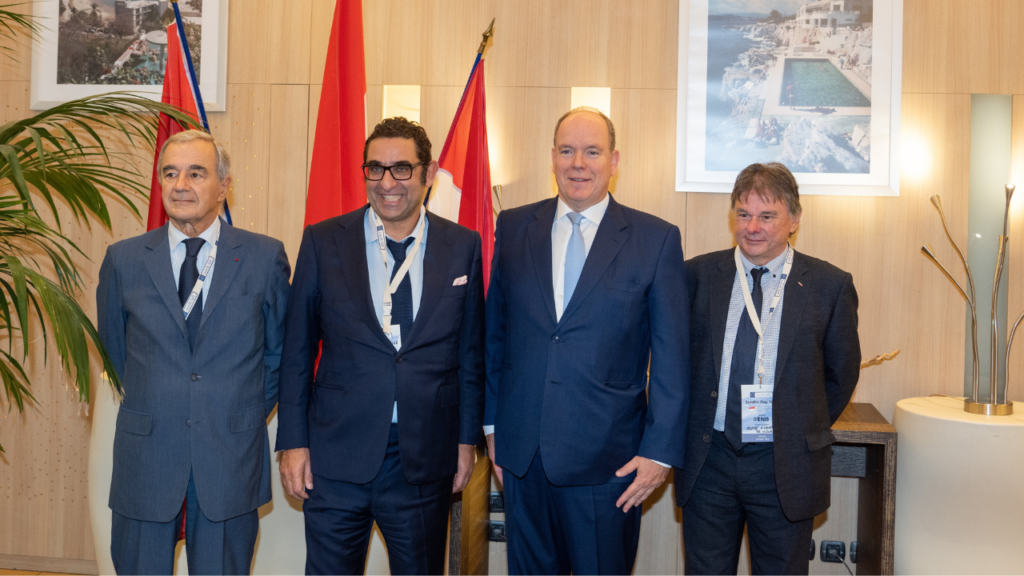
Translated in English from a press article published in the Monaco newspaper La Gazette de Monaco on October 25th 2022.
Organized by eureKARE and the Centre Scientifique de Monaco (CMS), SynBio Day, a conference about synthetic biology, took place in mid-October in the Principality of Monaco, giving an opportunity to discuss advances in technologies with tremendous potential.
Nearly thirty of the world’s most renowned experts, fundamental researchers, start-up managers, and many others, joined in Monaco to discuss the topic of synthetic biology. This new approach, although based on old foundations, consists of using living organisms to develop biotechnological applications.
As an example, this is how we will use bacteria to destroy plastic or even use algae to convert plastic into an ecological material. The applications are endless – Medicine, cosmetology, food, biomaterials, energy (biofuels) or computer data storage using DNA to replace the usual servers.
«Synthetic biology is not simply using algae, for instance, but working on a living organism to make it evolve for a specific function», clarifies Professor Denis Allemand from the CSM.
According to experts, most of the potential is in bacteria. Present at the symposium, Prince Albert also noted that microbes represent 98% of marine biomass, as well as that expeditions led by Tara Océan allowed to discover 150 million new genes. It is an exceptional mine of new applications.
The research process in synthetic biology enables to initiate a new approach where the synthetic works in favor of life. A kind of trend reversal, which is illustrated in particular by the activity of Coraliotech, the Monegasque marine biotechnology startup. Their work allows, for example, to carry out chemical synthesis of corals rather than collecting live corals on site. The holding of this international symposium in the Principality of Monaco was not unintentional. There are already major players in the synthetic biology field, which leads the Prince to declare a wish: to turn Monaco into a true scientific place in this sector.

Luxembourg | France | Belgium
Subscribe to our news to keep in touch